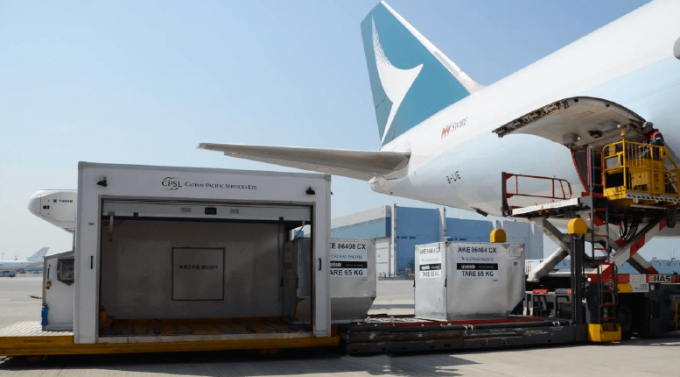DHL Global Forwarding launches new online booking platform
DHL Global Forwarding has launched a new online quote and booking platform for air and ...

It’s the eve of IATA’s World Cargo Symposium, this year in Singapore.
It’s the usual suspects, and the usual topics; but tomorrow also brings IATA’s third Innovation Awards, with a prize of some $20,000 at stake to help the winning team develop its idea.
Introduced six years ago, when air cargo looked stultified and was lacking progress, particularly in technology, innovation was something desperately needed by the industry. And still is.
Which makes the final choices for the award somewhat disappointing – in ...
Asia-USEC shippers to lose 42% capacity in a surge of blanked sailings
USTR fees will lead to 'complete destabilisation' of container shipping alliances
Outlook for container shipping 'more uncertain now than at the onset of Covid'
New USTR port fees threaten shipping and global supply chains, says Cosco
Transpac container service closures mount
DHL Express suspends non-de minimis B2C parcels to US consumers
Zim ordered to pay Samsung $3.7m for 'wrongful' D&D charges
Flexport lawsuit an 'undifferentiated mass of gibberish', claims Freightmate
Uncertainty over US tariffs sparks interest in bonded warehouses for imports
Cancelled voyages take the sting out of spot rate declines this week
Blanked sailings in response to falling demand 'just a stop-gap solution'
Shippers warned: don't under-value US exports to avoid tariffs – 'CBP will catch you'


Comment on this article